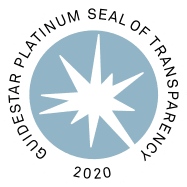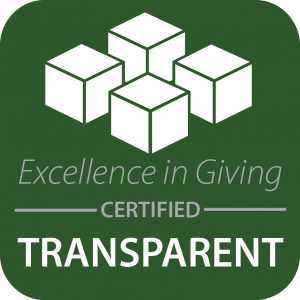With the controversy surrounding the new “Disinformation Governance Board,” misinformation and disinformation are back in the news again.
But they’re not a singular amorphous problem. They’re a million little individual problems. Wouldn’t we all just love a magic wand to make them all go away? Of course.
Unfortunately, you cannot herd cats in any more of an expedient manner than you can dispel a falsehood.
As my grandma once said, “bad news doesn’t get better with time.” False information is bad news. And the longer it goes unchallenged the harder it is to dispel. But how do we dispel a lie? Some positive developments in the spreading of the truth might lend some helpful insights.
The “truth” is often very subjective. I’m not talking about the boiling point of water, the number of feet in a mile, or the spherical shape of the earth. These are repeatable and scientific.
But in matters of politics, culture, or interpretations of complex worldly events, the pathway one takes to arrive at their “truth” varies widely from person to person.
Historically, information traveled slowly. New information took days, weeks, and even centuries to reach new ears. It was often not received with open arms. Indeed, most of the ideas that materially altered the trajectory of human civilization were very often met with fear, anger, or violence to those that exposed them.
Spreading ideas of merit took strong individuals to weather the criticism and defend their observations against scrutiny. Along the way there were many liars, frauds, and malign manipulators who were eventually found out and castigated accordingly.
In 2022, information travels much faster. Our human brains are bombarded with new information at a rate unprecedented in world history. It’s very easy to imagine that we are overwhelmed by the sheer volume of data we consume on any given day.
Now it would appear to the casual observer that there have seemingly never been more liars and a simple quick-fix, such as a “Ministry of Truth” will make them all go away.
Not so fast. While the volume of information has changed, and with it, the proportional number of liars, the basic mechanics of truth-building have not.
The truth is not a destination, end state, or a public good as many of us would like. Rather, it is a pit stop on a continuous voyage to process and accumulate knowledge. The truth isn’t drowning in a lake.
Rather, the truth has never been more likely. With more information comes more knowledge and more debate over the most accurate means to interpret and apply that knowledge. This is our society right now.
The truth is on the move. Instead of attempting to quarantine, isolate, and erase lies and bad ideas, we need to challenge them in the daylight where they can be examined, criticized, and debated extensively. If we fail to allow the organic process of truth-finding to occur then the “truth” becomes static.
A static truth is one that does not advance human civilization but rather seeks to restrain it and limit the boundless potential of its creativity. This is the work of tyrants, despots, and false idols.
Only in a society which treasures and protects the precious right of free speech can we continue to move the truth forward and accumulate profound human knowledge.
The truth is a journey, not an event. And if we stop the car every five minutes to inspect it, we may well never end up at our destination.
To learn more about liberty, philosophy, and economics, be sure to check out our free Liberty 101 e-book by clicking on the button below.
This piece solely expresses the opinion of the author and not necessarily the organization as a whole, nor reflects the official policy or position of the Department of Defense (DoD), or the U.S. Government.
Students For Liberty is committed to facilitating a broad dialogue for liberty, representing a variety of opinions. If you’re a student interested in presenting your perspective on this blog, send your piece to [email protected], and mention SFL Blog in the email subject line for your chance to be published and be seen!

















